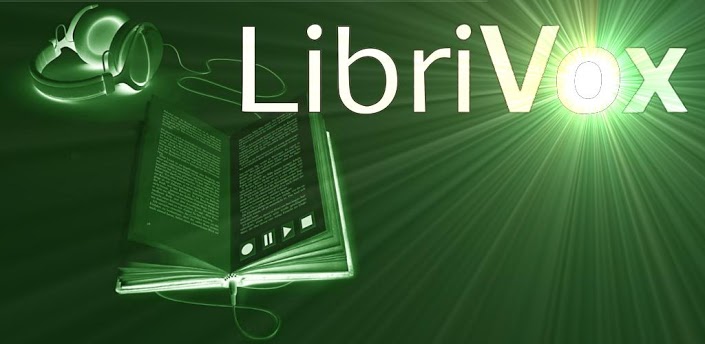






Principle I:
UNESCO supports mother-tongue instruction as a means of improving educational quality by building upon the knowledge and experience of the learners and teachers.
Principle II:
UNESCO supports bilingual and/or multilingual education at all levels of education as a means of promoting both social and gender equality, and as a key element of linguistically diverse societies.
Principle III:
UNESCO supports language as an essential component of inter-cultural education in order to encourage understanding between different population groups and ensure respect for fundamental rights.